It Tolls for Thee: Celebrating and Reclaiming the End of Life - now published.
This is my new book (published February 2021) about funerals, my own experience of becoming a celebrant and how the aftermath of death is dealt with in my beloved Shetland and throughout the world.
You can buy it in the UK from all good bookshops (go local if you can) and all the main sites such as Waterstones and Amazon here . In the USA you can get it here from Penguin Random House
Here's what my publisher, Watkins Publishing, has to say about it:
"A funeral celebrant's story about how celebrating death, and creating personalised space for grief, can enrich lives and give meaning to death.
When journalist Tom Morton suffered a heart attack in 2015, his close encounter with death led him on an extraordinary journey into the world of the dead. He decided to train to become the only independent funeral celebrant on the remote Shetland islands.
Armed with a new black suit and a second-hand undertaker's coat, Tom quickly learned that death requires you to think on your feet, and often to take a magpie approach to faith and philosophy. From Humanism to hymns, Theravada Buddhism to Star Wars theology, militant Marxism and prayers of all kind, he discovered the importance of ritual, humour, and the empowering act of trying to find words for something beyond language itself.
This is his manifesto: a practical guide on how to prepare and plan funerals for yourself and your loved ones, all wrapped up in an intriguing narrative that reveals the world of the unspoken - from eccentric undertakers and death cafes, to pilgrimages and taboos, Tom explores our responsibility to the Earth after life, shares lessons on how to talk about the dead and dying, and how to think about our own eventual demise.
"This is an accessible and thought-provoking guide to taking the control of funerals away from the professionals and making them personal to the life of the one who has passed. Tom Morton shares how to celebrate mortality, and ultimately shows how beneficial a healthy attitude towards death can be for the living."
Here's my Substack blog/newsletter written on the day it was launched:
It Tolls for Thee: A guide to celebrating and reclaiming the end of life.
The old Hillswick cemetery is iced in, wind-hammered, the two weeks of unmelted snow solidified into a hard grey carapace. No visitors, not unless you're serious.
And no funerals, not for a long time. The "new" graveyard, just along the road, is open for business, but thankfully there are no customers today. And I am not being called on to officiate at any socially-distanced, ice-lashed service.
I like the disused yard, with its round drystane wall, its war graves and scattering of very old memorials. It's set on an islet amid bog, between two seas, the site of an ancient Pictish broch and after that a large, long demolished kirk. Myth and legend surround it. I once came across a couple of tourists, happily parked up in the entrance, tent pitched by the graves. Rather them than me. I have to admit I stared at them, balefully.
Today I will not not be conducting any funerals, and I'm glad. Today sees the publication of my book about becoming and being a funeral "celebrant"; it argues that we should think about and prepare for what happens after our deaths and those of our loved ones. It includes advice and examples of how you can, in a sense, be at your own funeral. Jim Morrison, Lemmy and Ho Chi Minh all feature.
It also, as my wife says, reveals everything you didn't know you wanted to know about death, burial cremation, embalming and the disposal of human remains. It has some undertaker tales and jokes which are, I think, quite funny. Examples of services. A response to the pandemic and how we say goodbye during it. Again, as Susan wondered, how do you market a book which is deathly serious about death and yet funny and serious, deeply emotional? How do you explain it to people?
I've put a couple of videos online which try to do that. You can find them here and here. And I've tried to explain in various newspaper and TV interviews what I hope the book will do for folk. And of course there’s the associated blog, tellingthestorywithlove.info.
These days publishers ask you to find well-known folk who are prepared to read your book in advance and write something positive for the cover. I must admit I was humbled and grateful to Tim Hayward and Stuart Maconie for writing what you can read below.
The book is available through all good bookshops, and online via Waterstones, Amazon, Barnes and Noble and the rest. It's being published worldwide in English. There's an e-book and an audiobook will be available shortly. Signed copies are tricky at the moment, but I've had one of my Shetland photographs made into a bookplate or sticker which I'm happy to sign and send to you free (assuming you buy the book of course!) Shetland and the island way of death is a big part of It Tolls For Thee.
I can see the old kirkyard from our kitchen window. Like the Keith Richards death's head ring I bought recently on eBay, it's a memento mori - a signal and reminder that death is inevitable. The book argues that this will not inflict doom on the rest of life, but in fact encourages a valuing of the life we have, brief and glorious as it is.
Do not send to ask for whom the bell tolls.
It Tolls for Thee.
Tim Hayward:
Three of my lifelong favourite books have been, and remain, The Loved One, The American Way of Death and The Undertaking.
I think this book sits proudly amongst those. Like The Undertaking it combines brilliant storytelling with a concealed but comprehensive emotional toolbox. Like The American Way of Death, it really doesn’t hold anything back about a ‘dark art’ and in doing so, liberates the reader. Like The Loved One, it’s very funny, in a gratifyingly twisted way.
Reading this has been, as the BBC would like us to say at every opportunity, ‘a journey’. At the beginning, I’m happy to be drawn gently in, by about half way through, I’m starting to realise that, not only is this entertaining, but it’s important, and by the end I know it’s vital. I’m going to need a physical copy of this because I want it on the nightstand to read for fun AND I want it on the shelf, amply marked with post-its and a big notice saying ‘In the event of my death READ THIS’.
Stuart Maconie:
This is an extraordinary and important book, both vitally topical and essentially timeless. It’s a book about how death fits in with life not as a wraith or spectre, but as a major and pugnacious character in life’s story, one to be embraced and wrestled with as well as kept at arm's length. It is, on one level, a manual for dealing with the practicalities of death and grief. But more than that, it is a beautifully written personal account of life and death, as lyrical and tough, tender and grave as the Shetland landscape and communities it is rooted in.


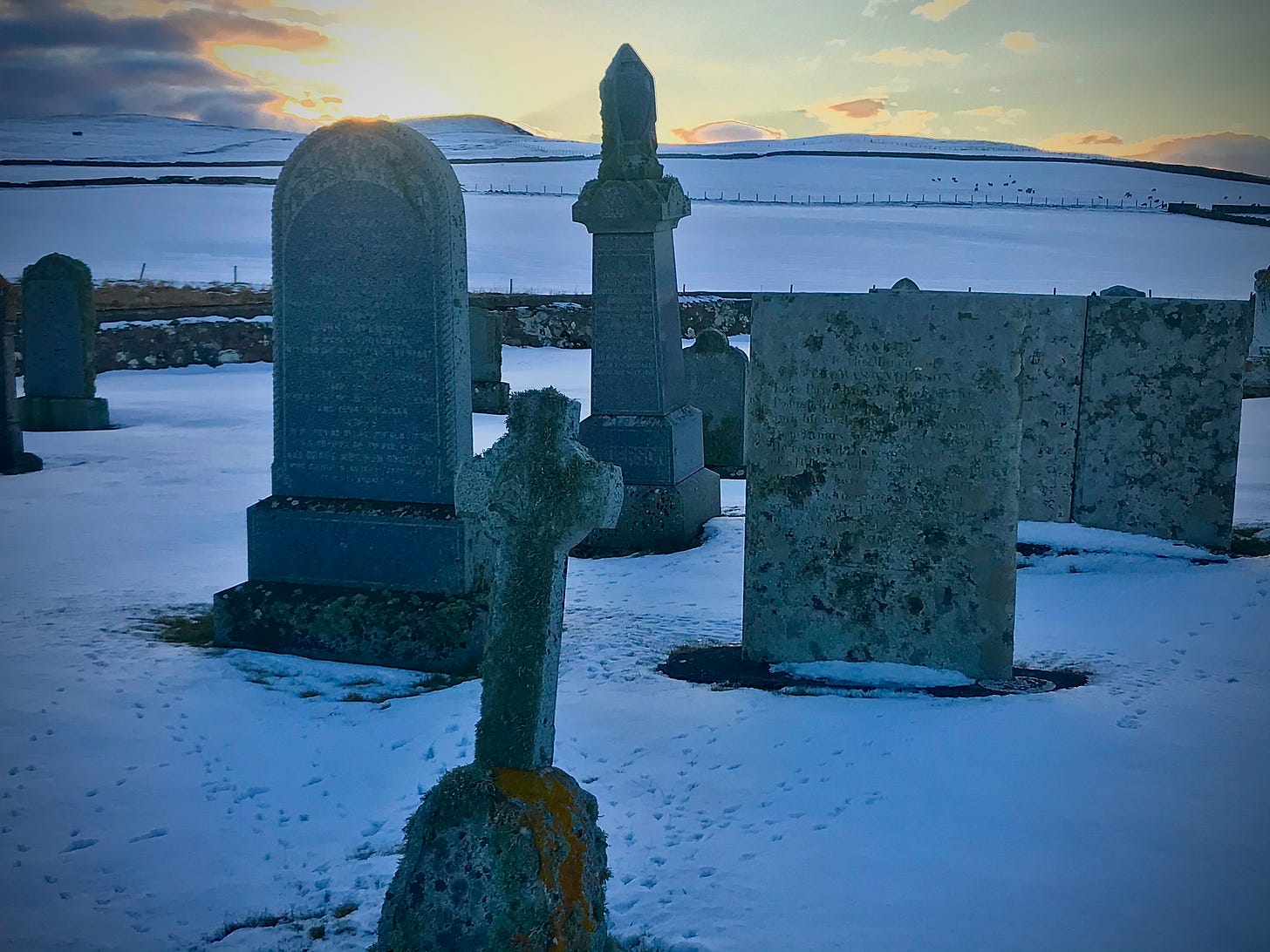
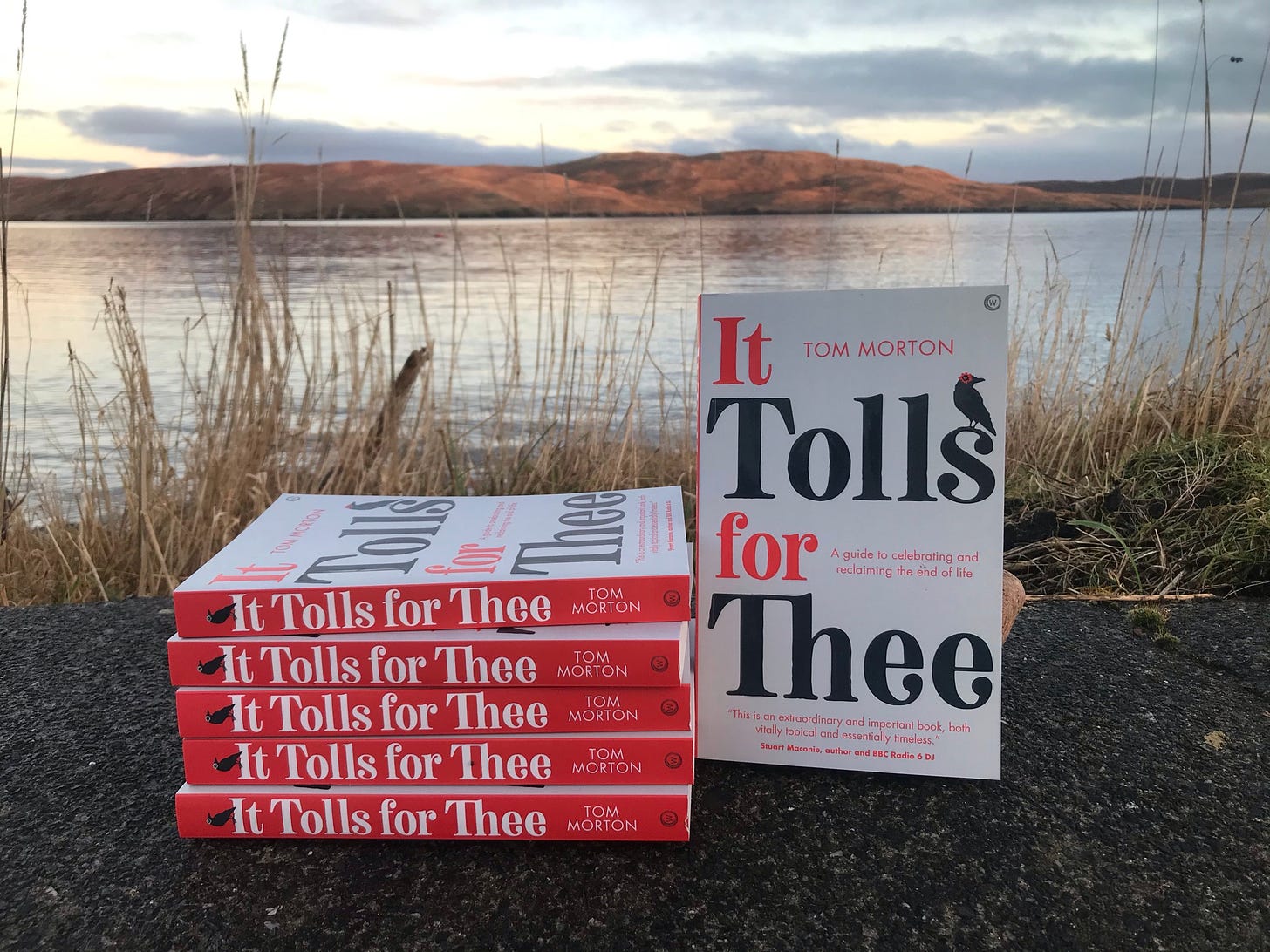
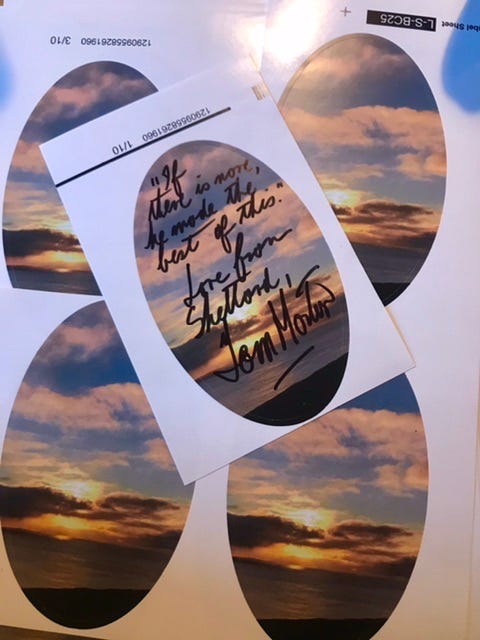
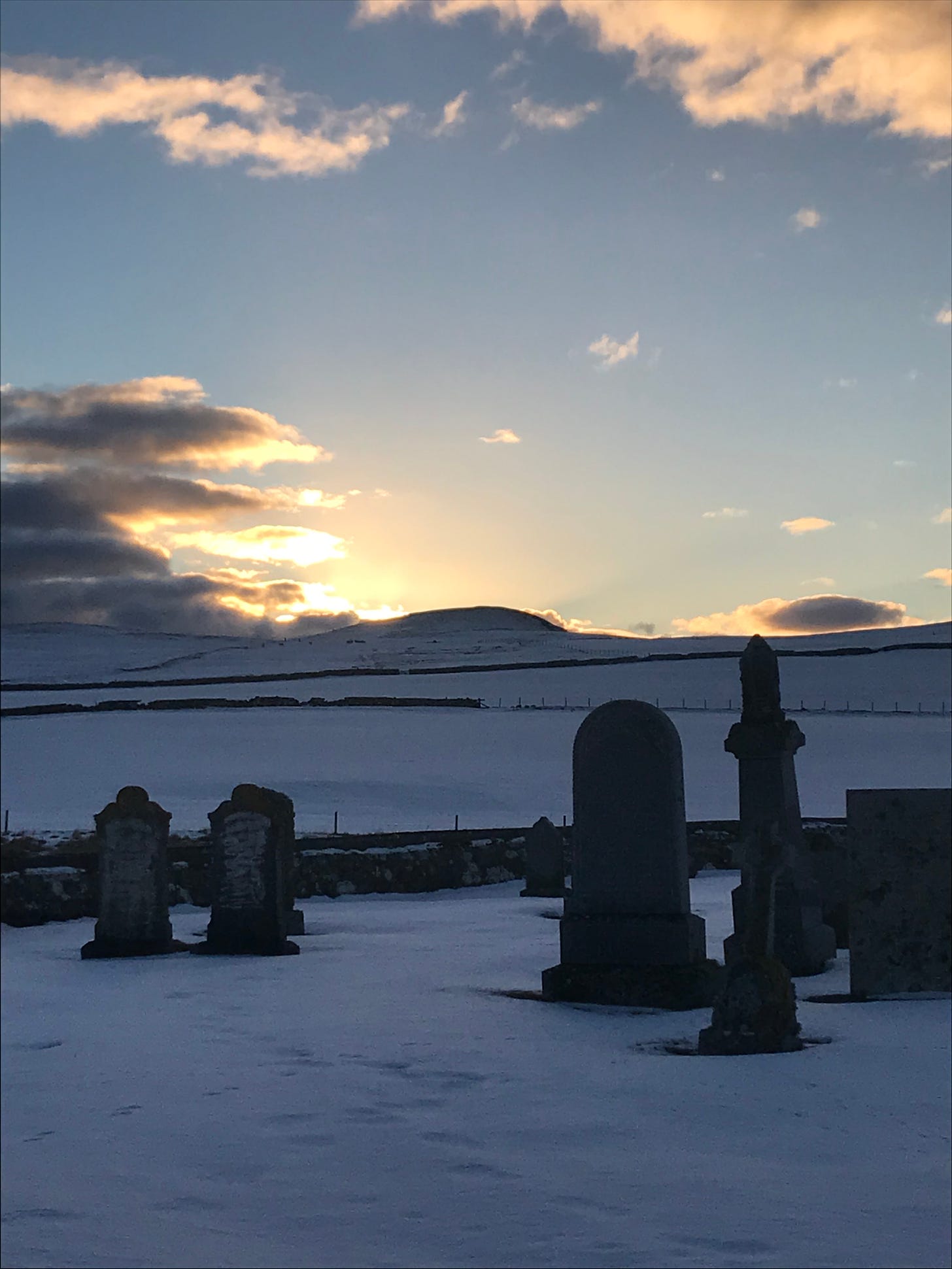
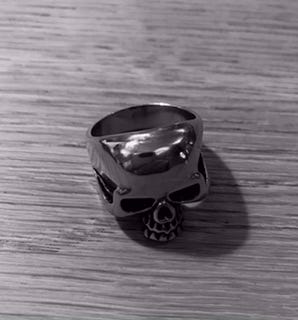



No comments:
Post a Comment
Note: only a member of this blog may post a comment.